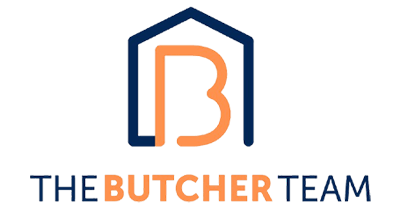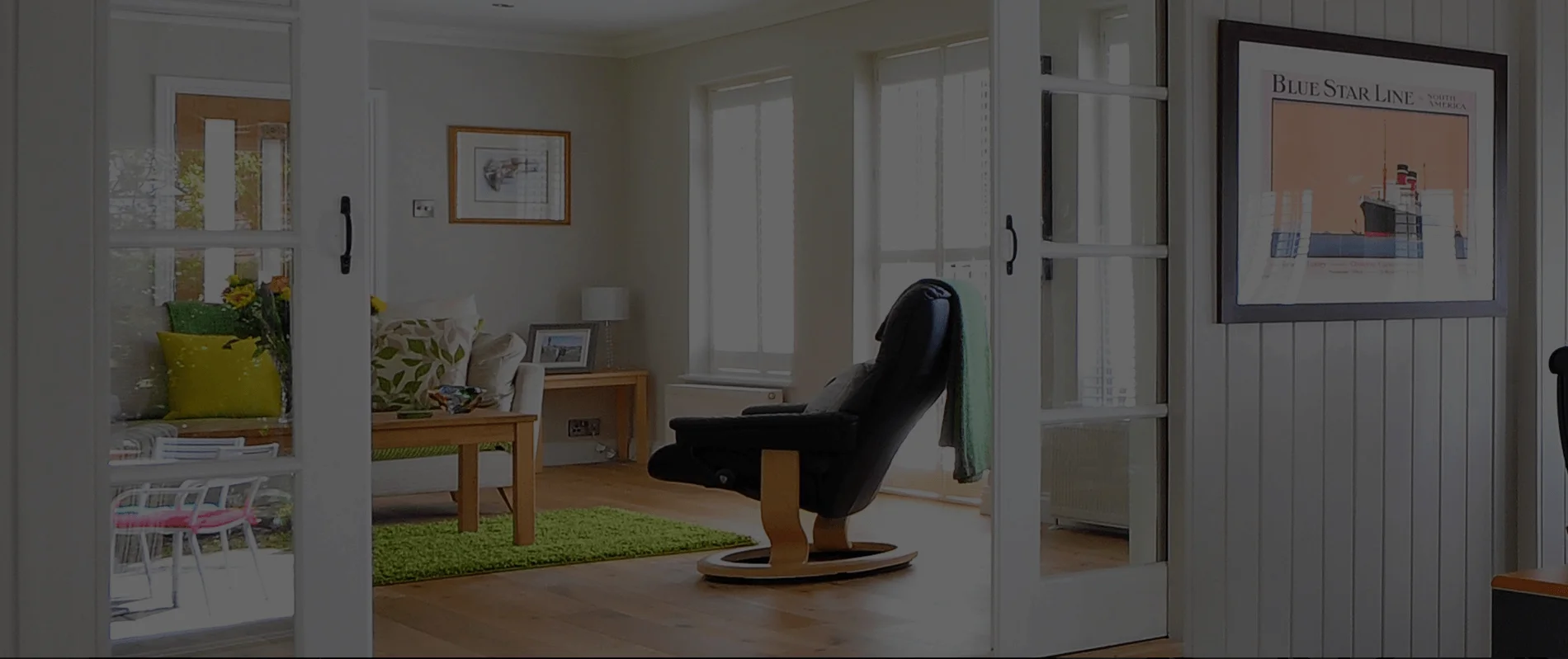The Lowdown
on Reverse Mortgage Loans...
What Is a Reverse Mortgage Loan?
A reverse mortgage loan is a type of mortgage loan that is reserved for borrowers aged 62 years or older who either own their home outright or have significant equity (https://home.com/how-does-a-reverse-mortgage-work/) in their home.
A reverse loan can be used to turn a portion of that significant equity stake into cash for retirement. The money received by the homeowner through a reverse mortgage loan usually comes tax free.*
You may also see a reverse loan referred to as a Home Equity Conversion Mortgage (https://fairwayreverse.com/loan-options/hecm/) (HECM). This variation of reverse mortgage loan is insured by the U.S. Government's Federal Housing Administration (FHA) and is only available through FHA-approved lenders, like Fairway.
*This information does not constitute tax advice. Please consult a tax advisor regarding your specific situation.
Reverse Mortgage Loan FAQs
Who is eligible for a reverse mortgage?
- Borrower(s) must be 62 years or older
- Must be homeowner and either own home outright or have significant equity
- Must live in home as primary residence (more than six months out of the year)
- Property must be a single-family home, a 2- to 4-unit dwelling or an FHA-approved condo
- Must meet minimal credit and property requirements
- Must receive reverse mortgage counseling from a HUD-approved counseling agency
- Must not be delinquent on any federal debt
- Learn more about reverse mortgage myths and facts!


How much home equity is needed for a reverse mortgage loan?
The specific percentage varies by lender and the type of reverse mortgage, but the general rule of thumb is to have at least 50% equity in your home.
Reverse Mortgage Qualifier!


